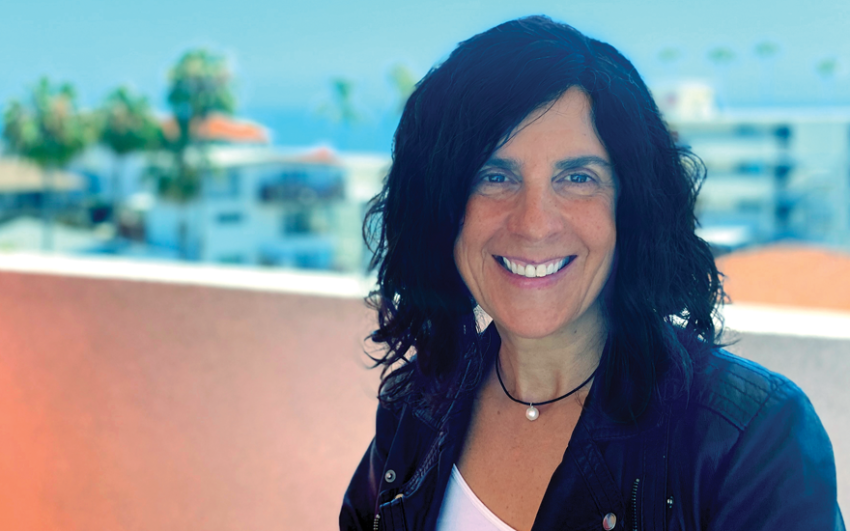Dan waits for his wife, Mia, at their favorite outdoor coffee stand. After 38 years together, he knows what she likes and adds an unsweetened latte to his order. Because all other picnic tables are taken, he sits near a disheveled moaning man lying on a littered patch of grass. Dan thinks, “Another drugged-out homeless person,” before pulling out his phone to scroll through email.
Mia arrives 15 minutes later. She sits and studies the homeless man. He’s writhing inside a shredded military uniform several sizes too large for his thin frame. His moans are morphing into wails. Mia walks to the man, sits on the ground next to him, uncaps her untouched frothy beverage, and puts it in front of him. The man sits up and accepts a sip. Mia’s chatter replaces his wailing.
A few minutes later, a young family with a poodle offers the homeless man a panini. The man seems calm and even cracks a smile when the dog licks his cheek. When Mia returns, Dan thinks she’s as beautiful in her 50’s as on the day they met. Dan marvels at the miracle he has seen countless times: His wife’s kindness brightens the outlook of all present, including his. He’s not even annoyed that, having given away her beverage, Mia drinks half of his.
Mia might appear extraordinary, but everybody has the same superpower she has. Anybody’s charitable act is likely to bring joy to recipients. If an action meets an unmet need for nourishment, shelter, or other essential, all the better – but its value isn’t dependent on it. Furthermore, research psychologists have established that bystanders to acts of kindness benefit from a boost in happiness, are more likely to perform their own charitable acts, and see more beauty in others. Finally, dozens of studies find that the Good Samaritans themselves benefit from their own kindness. Performing caring acts boosts happiness and lowers susceptibility to heart disease, depression, other health issues, and even death in any given year. (Source: Do Good at Work by Bea Boccalandro, chapters 3, 13, and 14.)
Never doubt that a handmade card, warm meal, or caring ear is not a meaningful contribution. The evidence shows that heartfelt kindness is a valued gift for the recipients, a wellness practice for the givers, and a powerful salve for the world’s suffering.
Bea Boccalandro is author of Do Good at Work: How Simple Acts of Social Purpose Drive Success and Wellbeing and purpose advisor to businesses. Ms. Boccalandro was the keynote speaker at the Royal Neighbors Chapter Leader Virtual Conference on October 20, 2021.


